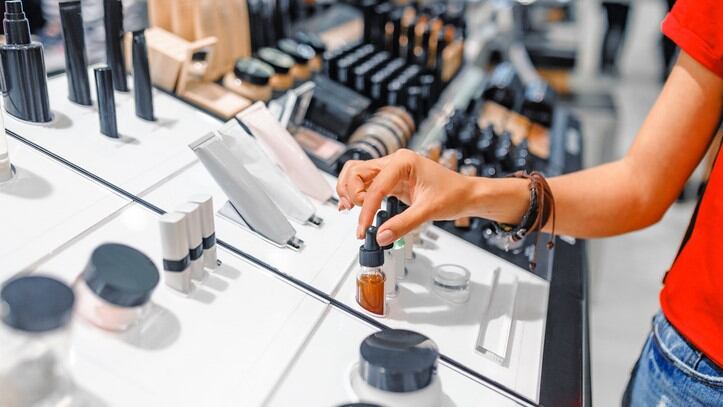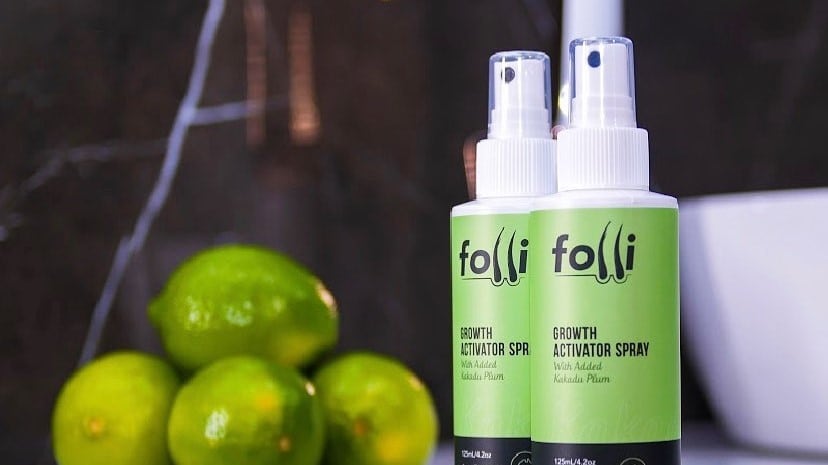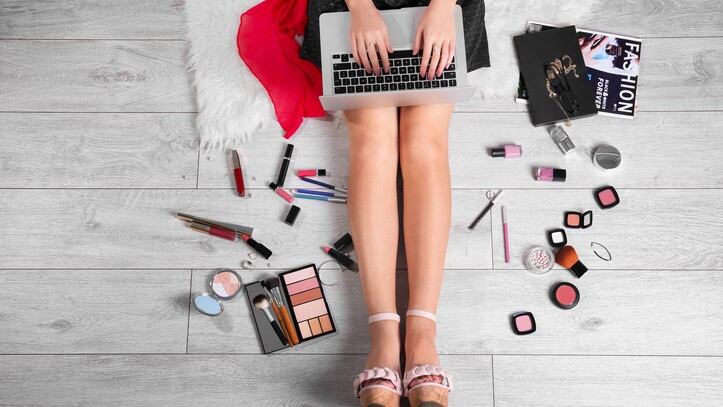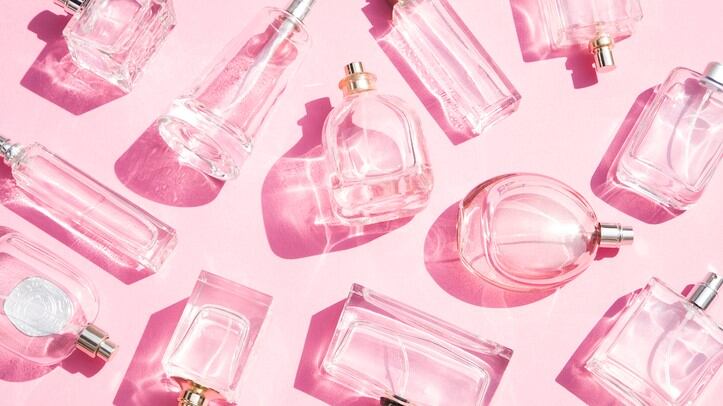In the last couple of months, China has been slowly lifting lockdowns region by region, leading to the reopening of most physical stores in the country.
A survey conducted last month by the China Commerce Association for General Merchandise shows that 81% of retailers has reopened 100% of stores, and another 15% has reopened at least 90% of them.
By mid-April, the Estée Lauder Companies reported that all doors in China we open and ready for business.
Since then, shopping-starved consumers have come out of quarantine to overindulge in retail therapy.
Dubbed ‘revenge spending’, the binge has resulted in brands seeing a jump in sales they hope will kickstart business again after the lockdown.
According to the Estée Lauder Companies, net sales in mainland China managed to grow year-over-year during its third quarter of FY2020, from January to March.
New trends in retail
However, the potential of the retail sector will be limited if brands and retailers do not adapt to the new normal.
“The lockdown period has definitely left its mark on Chinese consumers and has changed the way they shop on the long-term. Hyper-digitalisation has developed even more during the confinement. For instance, brands have been strengthening their online presence,” said Matthieu Rochette-Schneider, general manager of creative firm Centdegrés China.
The firm has collaborated with clients such as Sephora China on collections like China Red.
He noted that e-commerce, social commerce and live streaming have become the norm for consumers during the confinement and will continue even as the country recovers from the pandemic.
LVMH-owned Benefit Cosmetics has recently introduced a Brow Try-On program via WeChat.
The application would allow consumers to find a style that suits them before booking an appointment with the Benefit BrowBar.
“Given the explosive growth in e-Commerce, this ability to ‘try-on’ products online has become crucial in the beauty arena. We are hoping that Benefit’s Brow Try-On experience will give customers the ability to see our products and services on their own faces while removing one of the last barriers to buying or booking an appointment online,” said Benefit’s SVP Global Digital, Toto Haba.
Moving forward, Rochette-Schneider believes the online and offline shopping experience should become more seamless, experiential, playful, exclusive and creative.
“More than ever, COVID-19 has made it vital for retailers to reinvent their model and instore shopper experience, in order to attract traffic. I believe that we will soon see the birth of a new generation of retail. Beauty brands should follow this trend and increase online activities.”
Sephora China recently announced a partnership with Tmalll Global to launch a flagship store on the e-commerce platform.
The retailer also unveiled digital ‘cloud shelves’ in physical Sephora stores that link to the Tmall flagship to “create online-offline synergy”, said the firm.
If retailers adapt to the current trends like Sephora, Rochette-Schneider is confident the retail will be able to recover from the pandemic’s effects.
“We believe we are at a turning point. What is at stake during the current post-COVID-19 period is for retailers to be able to reinvent their model and instore experience. We are confident that retail foot traffic can recover its pre-COVID-19 level, providing retailers successfully manage this transition period.”





